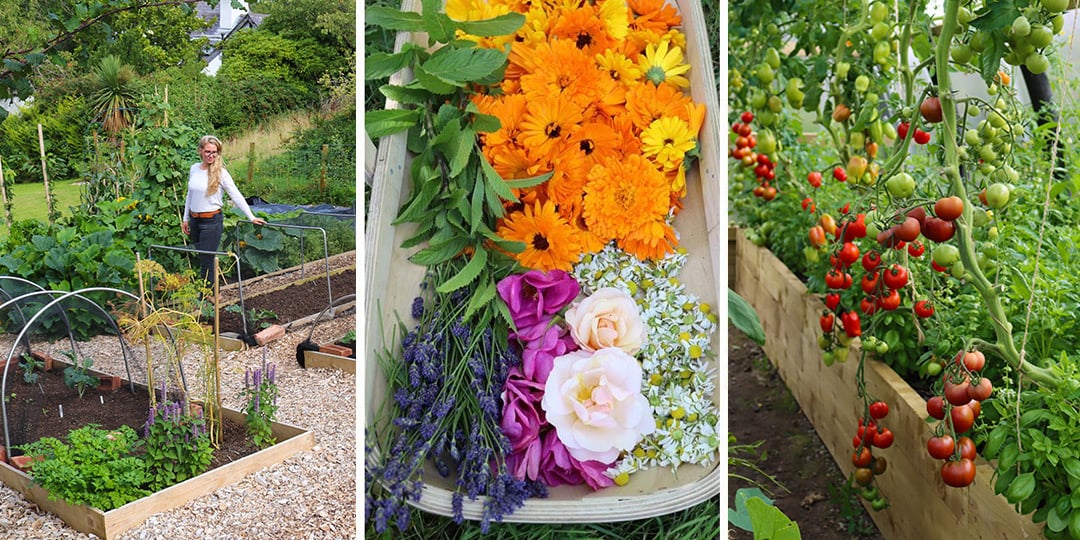
Growing your own organic produce at home can be a rewarding hobby. It also benefits your health and the environment.
The key to growing a successful organic vegetable garden is good soil and healthy plants. The soil must be enriched and planted with strong crops that are suited to your region.
1. Get a Soil Test
Taking the time to understand your soil and restore it to its natural state is an essential step in growing organic produce at home. It gives you the foundation to build healthy and productive soil that’s rich in nutrients.
A soil test is a quick way to assess the nutrient status of your soil and determine what amendments are needed for an optimal yield of your crop. It can be done with a kit or sent for professional analysis to a lab.
The goal of a soil test is to determine the available plant nutrient levels in a sample, including nitrogen, phosphorus and potassium. This information helps you determine whether or not you need to fertilize your plants and how much.
2. Get a Good Compost
Composting at home helps reduce waste by turning otherwise discarded food scraps and other organic materials into a nutrient-rich soil conditioner. It also reduces landfill costs and pollution.
Good compost starts with a diverse mix of carbon-rich brown materials like straw, hay, and leaves and nitrogen-rich green ones like vegetable peelings, fruit waste, grass cuttings, tea bags and composted chicken or fish manure. It’s important to balance these ingredients and maintain a 30:1 browns to greens ratio.
Once you’ve created a balanced mixture, it’s time to let your compost settle. Turn the pile with a garden fork regularly to help oxygenate it and encourage the right bacteria to proliferate.
3. Check Your Soil for Weeds
When you’re growing organic produce, your soil needs to be healthy and balanced. That means a good structure that allows water and nutrients to penetrate deep into the soil, promoting strong growth and reducing susceptibility to pests and diseases.
Having a good understanding of your soil and the weeds that grow naturally on it can help you create the best growing conditions for your crops. Some weeds can even give you clues about the health of your soil by indicating certain nutrient deficiencies, acidity or alkalinity levels and whether it’s depleted of certain key elements.
Some common garden weeds that indicate a soil’s nutrient levels include annual bluegrass, redroot pigweed, broadleaf plantain and dandelion. If you have these weeds, it means your soil is likely to be too dry and/or lack adequate nitrogen.
4. Don’t Overwater
Overwatering is a top mistake that home gardeners make. Watering too much can cause plants to drown in the soil.
The best way to avoid this is to only water the plant’s roots when the soil is dry to the touch. You can also use a soil moisture meter to ensure you’re only watering when it’s needed.
The other thing to remember is that overwatering can lead to plant death because their roots won’t be able to absorb the water they need. This is why many gardeners don’t use the hose to water their vegetables at all. Instead, they water their vegetables in the morning or evening when it’s cooler. This will prevent the water from evaporating. This is a more responsible way to use your water supply and save you money on your bills.
5. Keep It Clean
Growing your own organic produce at home is a way to reconnect with nature and enjoy higher quality food. However, it’s important to keep your organic produce clean to ensure you’re getting the most out of it.
To prevent mold from forming on your fruits and vegetables, wash them with a vinegar-water solution to remove excess dirt and pesticides. This will help them last longer, as well!
It’s also important to weed your garden regularly. Weeds not only compete for nutrients and water but can also be a breeding ground for pests.
Frequently Asked Questions
Is organic food better for us?
According to the Environmental Working Group's recent report on pesticide residues within foods, organic fruits & vegetables contained nearly half of the pesticides that non-organic varieties. Organic apples had eight times less pesticides than nonorganic apples. However, organic strawberries had four times the amount of pesticides as their conventional counterparts.
Studies have also shown that organic foods reduce the risk of mercury and lead poisoning. For example, one study showed that children who ate organic meat had 33 percent lower blood lead levels than those who didn't consume organic meats. Another study concluded conventional fish consumption should be stopped by pregnant women because it contains high levels of mercury.
Organic food appears to be more safe than non-organic. Experts recommend that you choose fresh fruits and vegetables whenever possible to lower your chance of developing cancer or other diseases.
What should I look out for when buying organic products?
USDA-certified organic labels should be sought. This seal signifies that the product meets specific USDA standards. On packages, boxes, cartons or cans, look out for the USDA Organic seal.
When shopping for meat, ensure it comes from cows fed 100% organic feed. Cattle are ruminants, which means they chew the cud. Ruminant cattle have four stomach compartments: rumen, reticulum, omasum, and abomasum. If a cow is to be labeled organically, all parts must be organically fed.
Chicken should be only purchased from chickens raised on organic feed, and not given antibiotics. Omnivore chickens can eat both plants as well as animals. Omnivorous chickens have a digestive system that includes a crop (proventriculus), gizzard and small intestine.
Buy dairy products that are 100% organically produced. Dairy cows have four stomach compartments, just like ruminants. The fourth stomach, or the udder is where you get milk.
If you are buying other types of livestock, make sure to check the label to determine the percentage of their diet. For example, pork may be labelled '95% organic.' This means 95 percent of the pig's feed came from organic sources.
Why should I buy organic?
Many health issues have been linked to conventional agriculture, including obesity, diabetes and cancer. It is important to make informed choices about food purchases.
The Environmental Working Group (EWG), offers these tips to help you choose "cleaner" foods:
When possible, buy organic fruits and veggies
Look for USDA organic labels on meat, poultry, eggs, milk, cheese, yogurt, butter, and honey.
Avoid processed foods that claim to be "natural" and "no additives."
Be sure to read all ingredient labels. If an ingredient is not listed, it can be added during processing.
Choose fresh meats over frozen or canned ones. Canned and frozen foods can often have lower nutritional content like high fructose syrup.
What are organic foods?
Organic produce can be grown without the use of pesticides or synthetic fertilizers. No growth hormones are used, and there is no animal testing. These crops can be grown naturally by farmers, and they don't need to be treated with chemicals to control pests or weeds.
Organic farming practices can also preserve soil quality by reducing erosion, and conserving water resources. Organics contain more nutrients than regular food and are therefore better for our overall health. Organic products are more nutritious than conventionally grown foods and have lower calories and fiber.
Is organic produce healthy?
There are two types. Those we grow or those we get from someone else. While there are exceptions, the general answer is yes to both. Organic food is healthier since it doesn't include any harmful chemicals.
You can find organic food in supermarkets across North America, Europe, Asia, Latin America, and Africa. Organic food is now available in most grocery stores, making it easier to find organic foods.
Organic food has higher levels vitamins, minerals and antioxidants which makes it more delicious and nutritious. Organics can be grown without pesticides or synthetic fertilizers. This ensures that organics do not pollute our soil or water supply.
The USDA regulates organic agriculture practices. This means that farmers must adhere to strict guidelines to make sure organic produce is safe to consume. There are over 30,000,000 acres of US agricultural land that has been certified organic.
Organic food is often less expensive than conventional food. Organic food is often cheaper than conventional food because it contains the same amount calories, protein, as well as nutrients. Organic farms don't have the expense of expensive chemical inputs, such as insecticides and/or fungicides. They can charge lower prices.
According to the Environmental Working Group organic food is 10 percent cheaper per pound than conventionally manufactured food. If you care about the health of yourself and your family, consider switching to organic food.
Organic food is a popular choice to traditional American cuisines. Many people believe that organic food can only be found in specialty markets or gourmet restaurants. This is false. Organic food is readily available at regular grocery stores all across the United States.
Recent years have seen a significant increase in organic food sales. In 2012, the US market value for organic food was $43 Billion. This is an increase of $21 Billion from 2007.
Statistics
- As for organic meat, regulations require that animals be raised in living conditions that accommodate their natural behaviours (like the ability to graze on pasture), fed 100% organic feed and forage, and not administered antibiotics or hormones. (usda.gov)
- Brands participating in this challenge are committed to using 100 percent sustainable cotton by 2025.[5] (en.wikipedia.org)
- When packaged products indicate they are “made with organic [specific ingredient or food group],” they contain at least 70% organically produced ingredients. (usda.gov)
- To provide the highest quality products and services to every customer, with a dedicated workforce that puts the customer first and takes the extra step to achieve 100% customer satisfaction and loyalty. (hollinsorganic.com)
External Links
ams.usda.gov
doi.org
- Occupational Pesticide Exposures and Cancer Risk: A Review: Journal of Toxicology and Environmental Health, Part B: Vol 15, No 4
- Genetically modified food safety and public concerns: a review by Journal of Food Science and Technology
usda.gov
ewg.org
- EWG's 2022 Shopping Guide to Pesticides in Produce
- Clean Fifteen Conventional Produce (tm); With the Least Pesticides
How To
Organic foods: Are they healthier and more nutritious than conventional food?
Organic foods are made without the use or synthetic fertilizers. They are grown under natural conditions, without artificial inputs like pesticides, herbicides hormones, antibiotics, genetic engineering, and fungicides. Cover crops, crop rotation, crop rotation, composting animal manure as well as recycling wastewater are all organic farming practices.
In 2002, USDA National Organic Programs (NOP) were established to regulate the production and handling of organic products that are sold in the United States. Organic agricultural products must be produced in accordance with federal standards as set out by the Federal Food, Drug, and Cosmetic Act. Additionally, organic products must not contain prohibited substances like pesticide residues or genetically modified organisms.
There are two types available in the U.S. for producers who want their products to be labeled "organic". One for farmers and ranchers, and one for manufacturers. Both programs require annual audits of operations to verify compliance with rigorous standards. There are several certifying organizations that offer these services. These include the CCOF Certified Organic Farmers & Ranchers as well as Quality Assurance International and the American Grassfed Association. These organizations offer third-party verification that farms adhere to strict guidelines about environmental stewardship and labour practices.
According to the USDA's Economic Research Service, organic agriculture accounted for $4.7 billion in sales in 2013. The retail spending on organic products accounted for nearly $1.5 billion in 2013, a 23 percent increase over 2009. Groceries sales increased by 12 per cent during this time. Spending directly on organic produce grew by 29 percent while that on meat, poultry, eggs and seafood only grew by 1 percent.
Organic food is more expensive, but consumers believe its quality is worth the extra cost. According to a 2015 survey conducted by Consumer Reports, 88 percent of respondents said they would pay more for organic food if it meant higher nutritional value. Health Affairs published another study that found organic food eaters are less likely than those who consume conventional foods to have health problems such diabetes, heart disease and cancer.
There is no evidence to suggest eating organic foods can treat or prevent any diseases. However, some studies have suggested that they might be beneficial for your health as they may reduce your exposure of pesticides and contaminants. For example, a review of 31 studies published in 2010 concluded that organically raised beef had significantly lower levels of toxic chemicals and parasites than conventionally raised beef. Similar conclusions were reached in a separate analysis of 11 other studies published in 2012.
The Environmental Working Group released a report in 2014 that analyzed data from USDA's Agricultural Marketing Resource Center. They found that there was a decrease in foodborne illness due to E.coli, salmonella, listeria moncytogenes or campylobacter. The group also noted that the incidence of human illnesses due to E. coli O157 declined among children and adults after 2006, when the USDA started requiring more stringent organic standards for animals raised for consumption.
Resources:
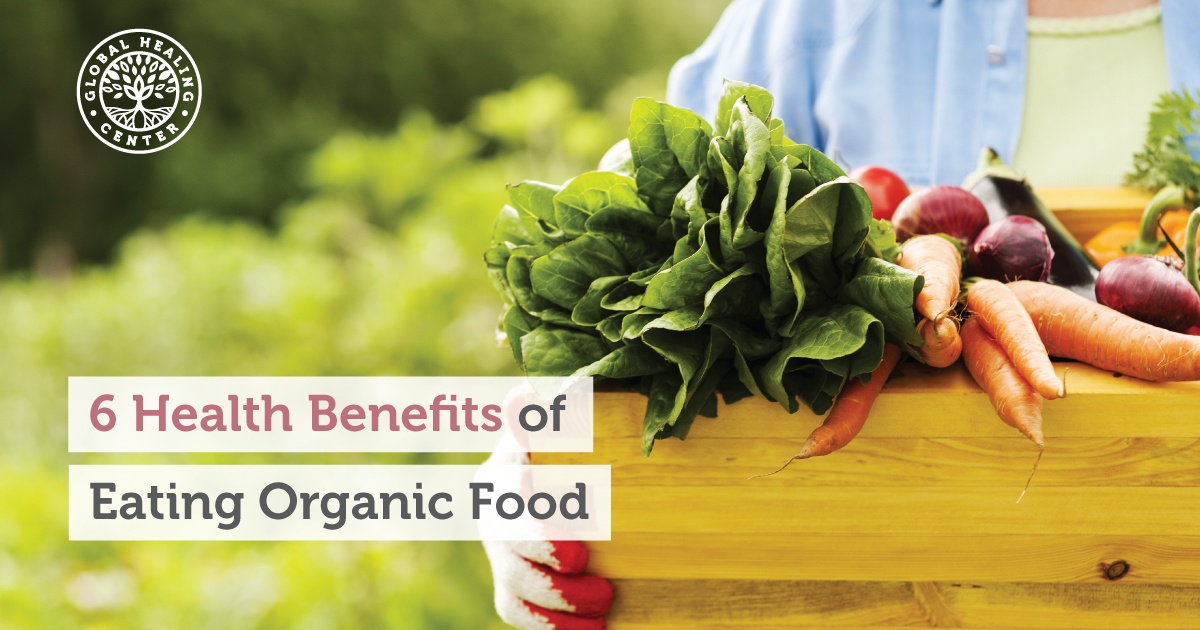 |
Nuts and SeedsNuts and seeds are nutrient-rich crunchy tidbits that add a protein, fiber and healthy fat punch to meals and snacks. They’re also a great source of.. |
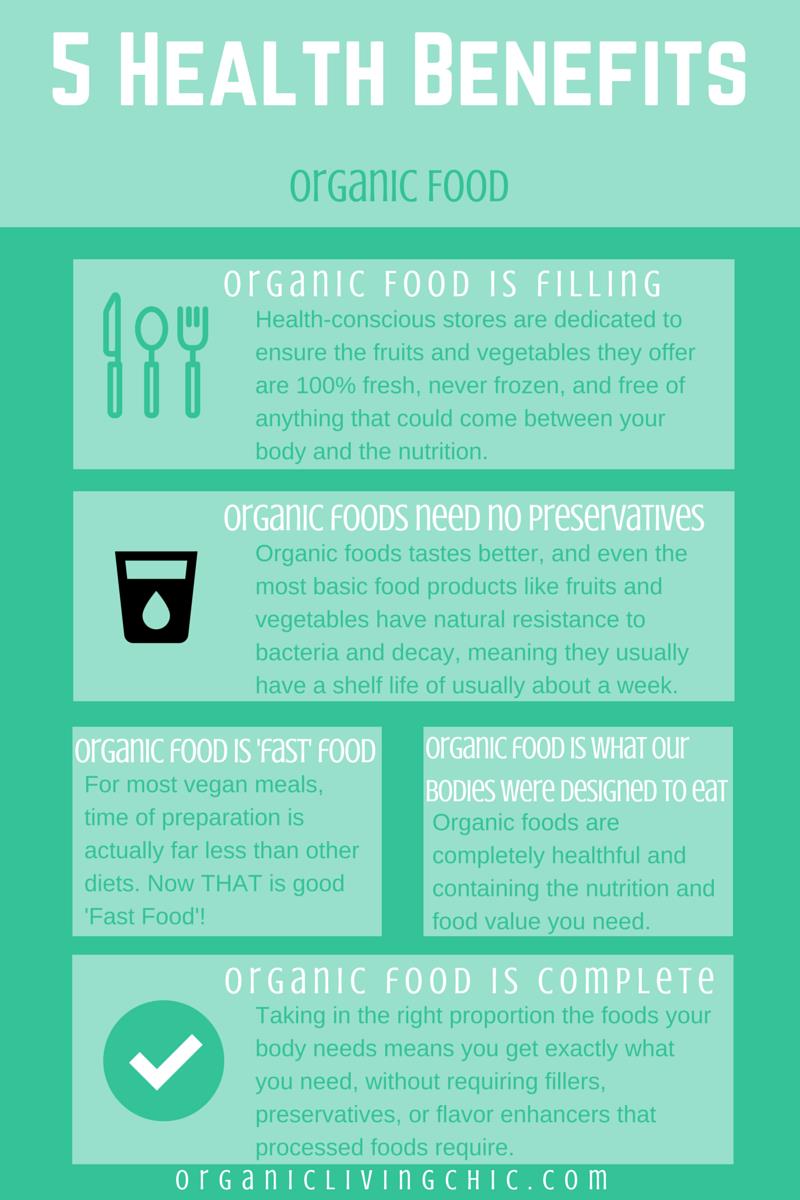 |
Organic Food For A Six Pack? The TRUTH About Organic vs Conventional Foods!Get ripped and keep your strength: http://goo.gl/uLzHn6 Hey guys, it's Clark over at Six Pack Shortcuts and today we're gonna talk about organic vs |
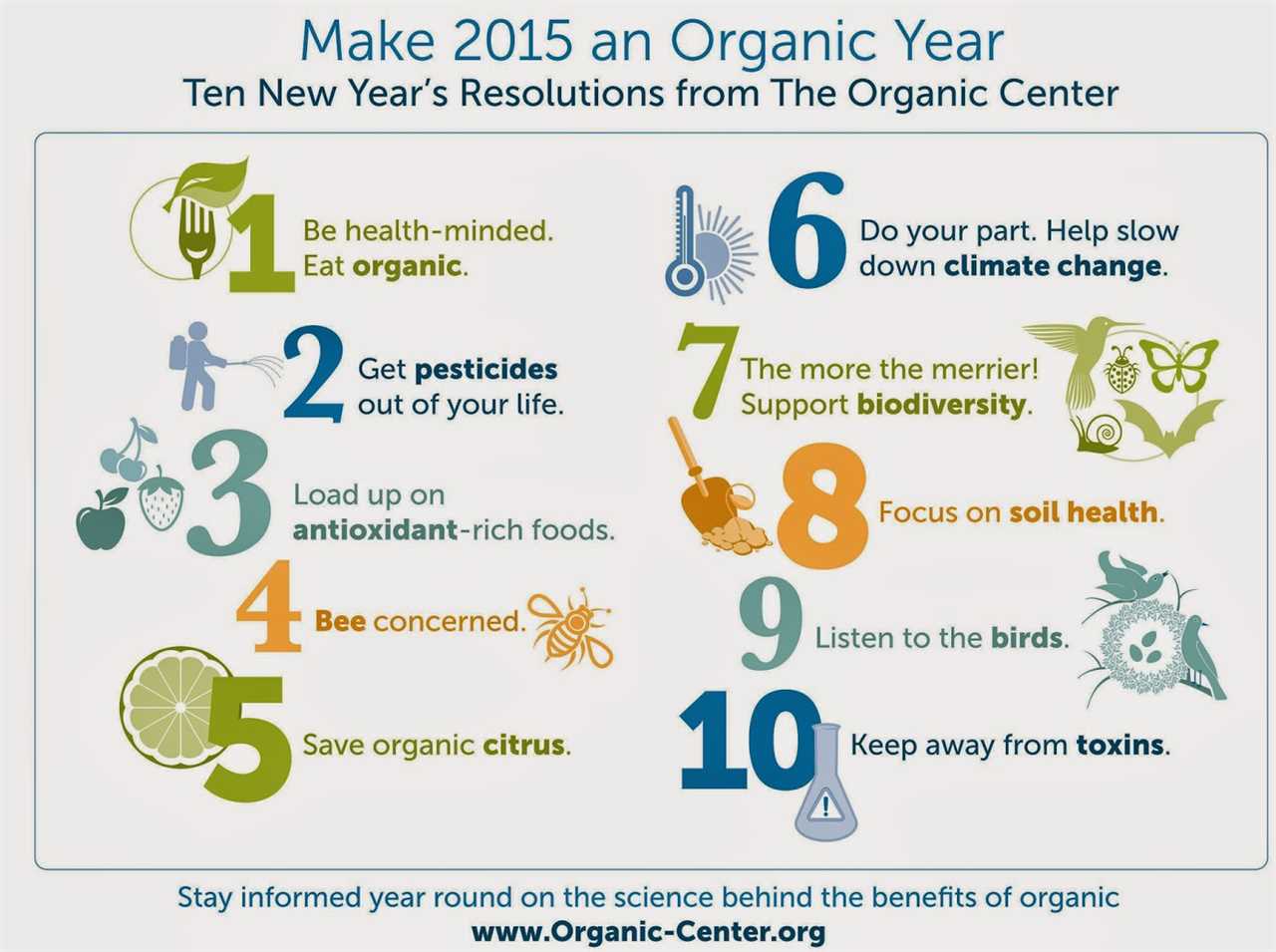 |
Organic vs Conventional Produce - The Dirty Dozen & Clean 15 ExplainedClick https://skl.sh/flavcitywithbobbyparrish to get 2 months of Skillshare for FREE! Here is a full review of the dirty dozen fruits and vegetables and |
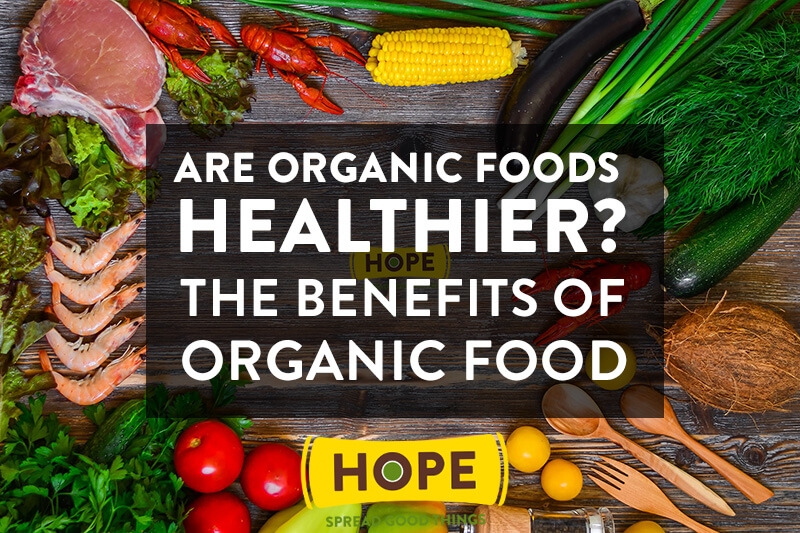 |
Are Organic Foods Really Healthier?It's widely believed that organic foods are more nutritious and safer than non-organic foods, even though the evidence is far from clear. Food certified as |
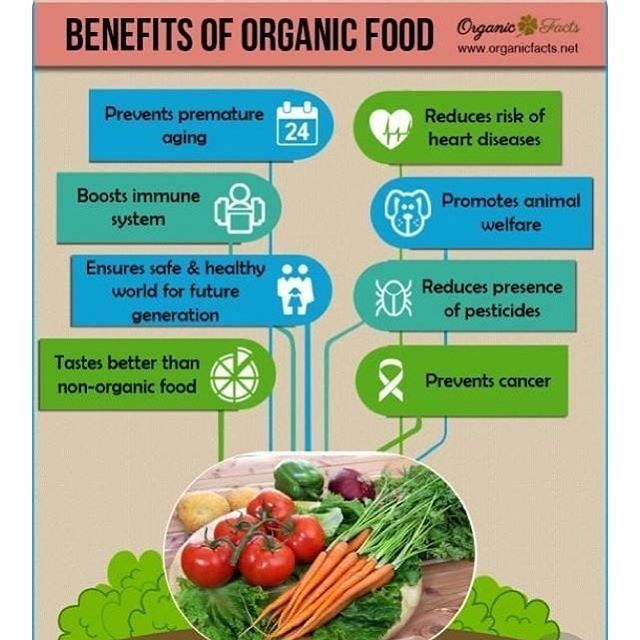 |
Are GMOs Good or Bad? Genetic Engineering & Our FoodAre GMOs bad for your health? Or is this fear unfounded? OUR CHANNELS German Channel: https://kgs.link/youtubeDE Spanish Channel: |
 |
How the food you eat affects your brain - Mia NacamulliView full lesson: http://ed.ted.com/lessons/how-the-food-you-eat-affects-your-brain-mia-nacamulli When it comes to what you bite, che […] |
 |
Is Buying Organic Food Worth The Cost?Subscribe to Goodful: https://bzfd.it/2QApoPk Goodful Goodful Feel better, be better, and do better. Subscribe to Goodful for all your healthy self care |
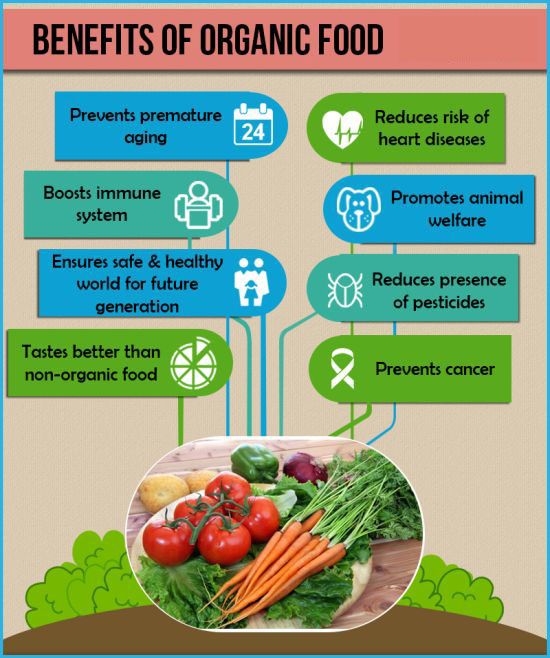 |
Benefits of Choosing Organic Gluten-Free OptionsIf you’ve been diagnosed with gluten sensitivity or celiac disease, you know how hard it can be to avoid foods containing wheat and other grains. But |
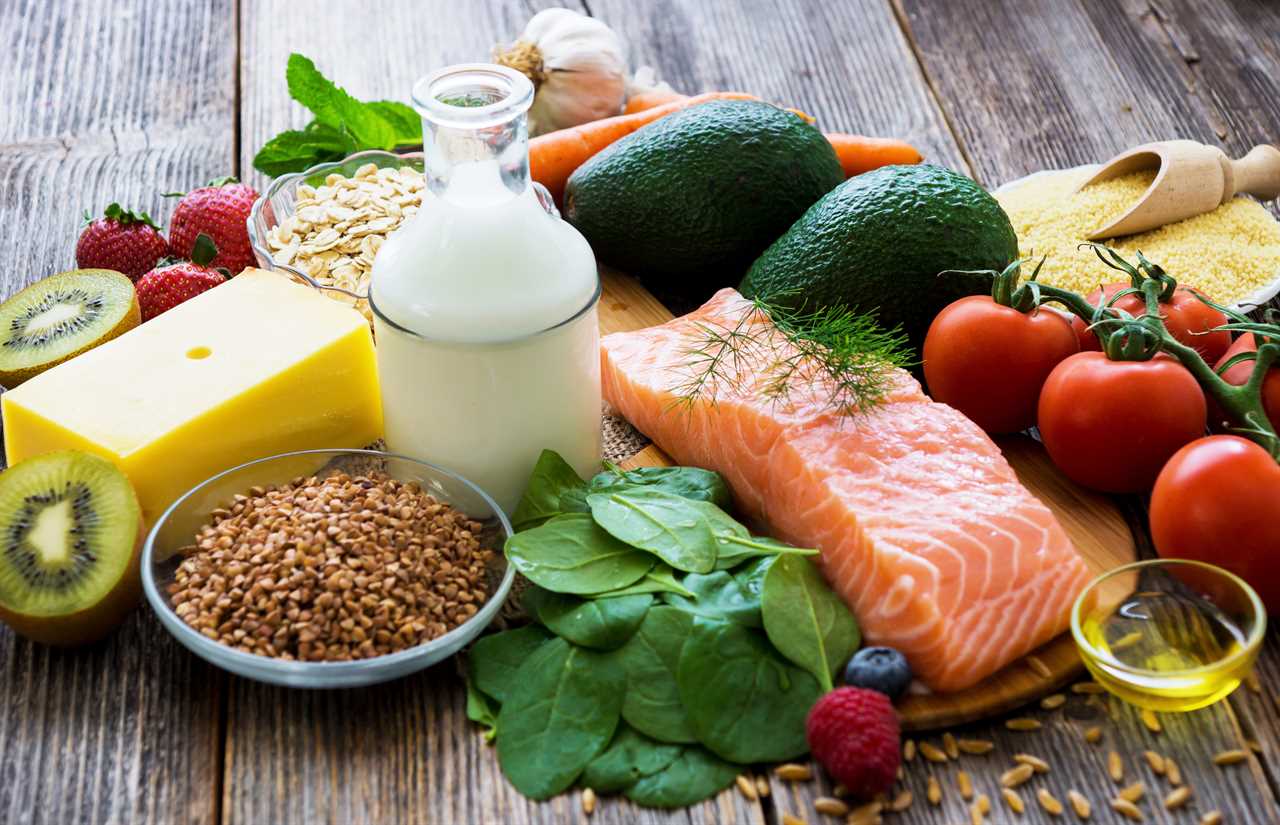 |
Joseph Wang LIVE (Bank Bailouts and Moral Hazards Deep Dive)buy my stuff Come to rebel capitalist live at https://rebelcapitalistlive.com Check out my private, online investment community (Rebel Capitalist Pro) |
 |
Organic Farming and Soil HealthOrganic farming practices promote soil health through crop rotations, symbiotic associations, cover crops and minimum tillage. These management.. |
 |
Research Reveals How Your Body Reacts When You Eat Only Organic FoodsThere is a growing belief that organic foods are healthier for us than non-organic foods. This ever-increasing belief is responsible for significant growth in |
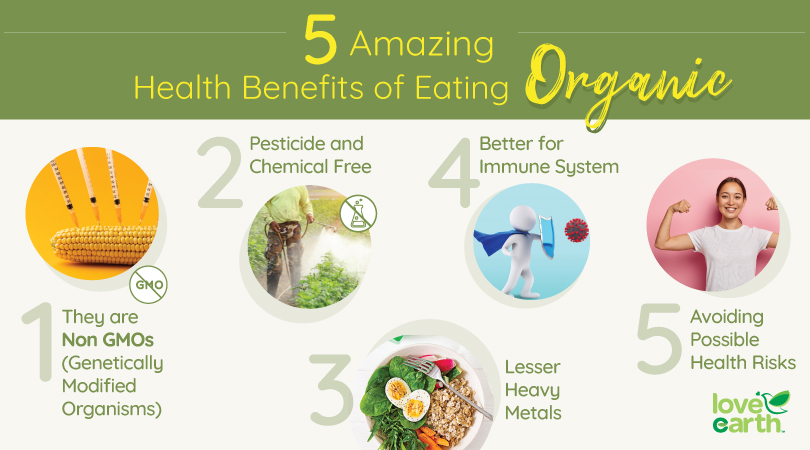 |
Stop Wasting Money on These ORGANIC Veggies (you don’t need to buy them organic)Click Here to Subscribe: http://Bit.ly/ThomasVid Get MY Recommendation on Groceries Delivered to Your Doorstep with Thrive Market: http: […] |
 |
If You Eat an Avocado a Day For a Month, Here''s What Will Happen to YouWhat Will Happen to Your Body If You Eat Avocado Every Day. The avocado is a unique fruit with multiple nutritional and health benefits. How would your body |
 |
Korean GardeningKorean gardening is one of the oldest ways to grow plants. It involves planting herbs, fruits, and vegetables that are used in kimchi, a type of.. |
 |
The Rodale InstituteThe Rodale Institute is a nonprofit organization that aims to support research into organic farming. It was founded in 1947 by J. I. Rodale, an.. |
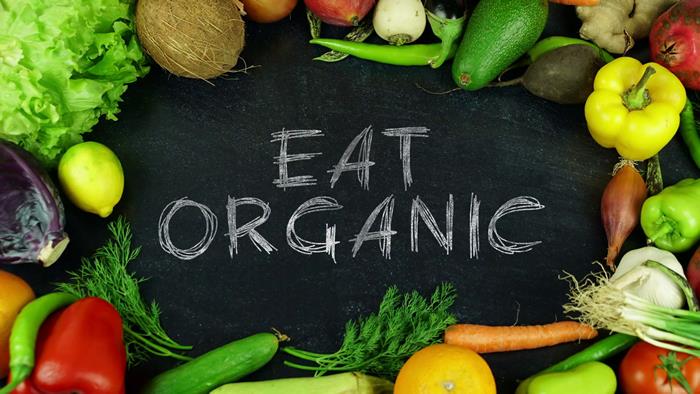 |
Organic eatingOrganic Cultur |
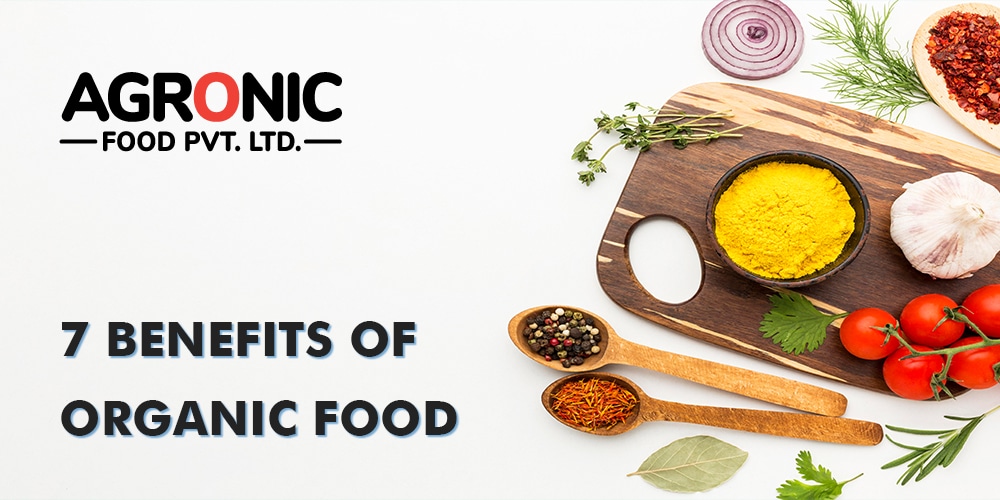 |
What is a Conventional Farm?Conventional farm is the term used to describe a farm that is not organic. It is a form of agriculture that is associated with better soil quality,.. |
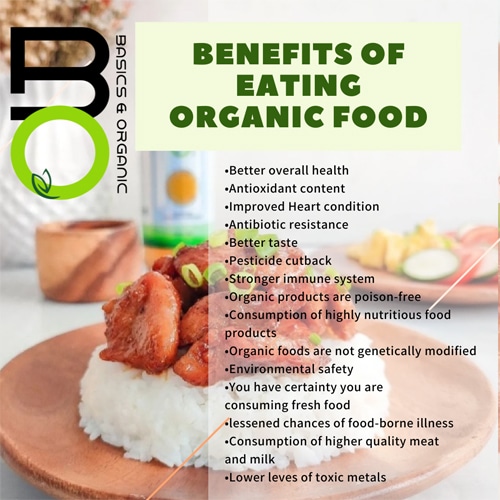 |
Chhattisgarh's Organic Farming SchoolsThe government of Chhattisgarh has started to introduce organic farming schools. This initiative is intended to provide the young generation with the |
 |
Can Organic Be GMO?The question Can organic be GMO is an ongoing debate among many consumers. While it's possible to eat foods that have been produced using genetic.. |
 |
When Did Organic Food Start?The answer to the question when did organic food start? will vary depending on the time period in which you are looking at. For instance, it may be a |
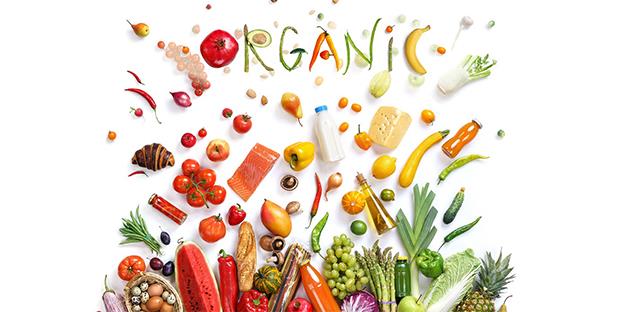 |
Organic Farming PrinciplesOrganic farming is a practice that is designed to be sustainable and healthy. Its principles include avoiding harms produced by industrial farming.. |
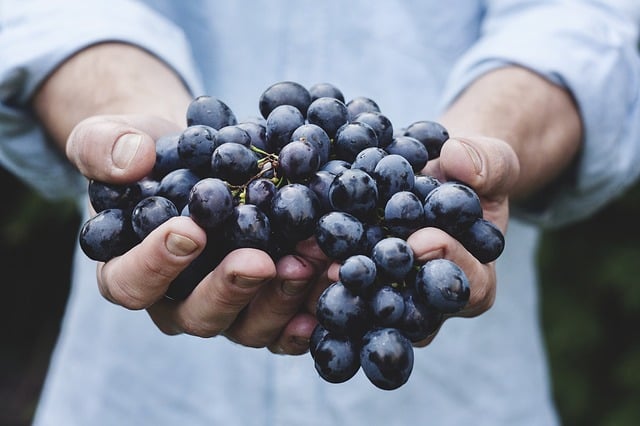 |
Soil Composition and BiodiversityThe soil that we have around us is a vital part of our lives. It is the home for many plants and animals. It also has a texture, a color, and many.. |
 |
The Benefits and Pitfalls of Organic Farming OrganizationsOrganic farming is an approach to farming that is not only ecologically sound, but also financially feasible. It is a method that is free from.. |
 |
Exotic VegetablesWhen it comes to vegetables, there are plenty of choices to choose from. Some of the most popular choices include broccoli, corn, carrots, and.. |
 |
Learn How to Become an Organic Farmer Through a Training ProgramIf you are looking to become an organic farmer, there are several ways you can do so. One option is to take a training program that will teach you.. |
 |
Benefits of Cover CropsIf you aren't familiar with cover crops, you may be surprised to learn that they are plants that are planted to grow on top of the soil to help.. |
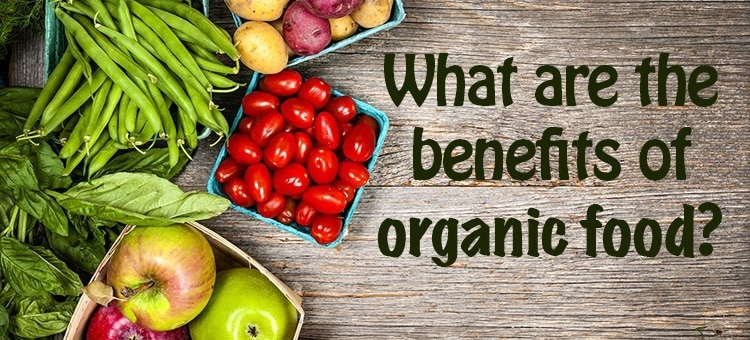 |
What is Organic Cotton?Organic cotton is the type of cotton that is grown without using pesticides or chemicals. It is also the type of cotton that is grown in subtropical.. |
 |
Is Organic Farming Beneficial to Biodiversity?Organic farming is a growing interest in the scientific community, and researchers have been investigating whether the practice is beneficial to.. |
 |
The Benefits of CompostingComposting your waste can be a very effective way of ensuring that your organic material is being broken down to the best of its ability. When.. |
 |
The Difference Between Organic Milk and Regular MilkOrganic milk is a type of milk that comes from livestock that is raised according to organic farming methods. This is a term that is regulated by.. |
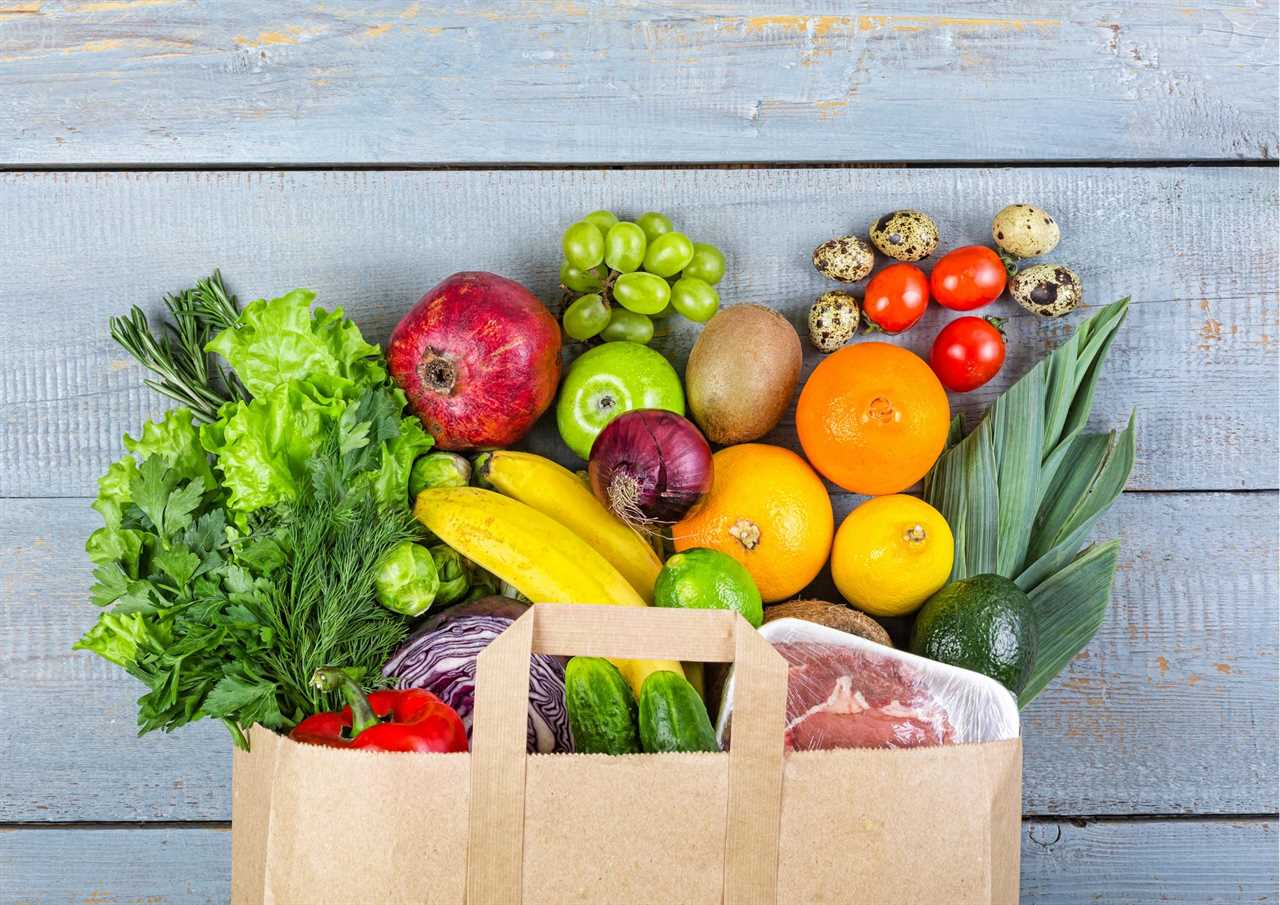 |
Organic Farming MagazineOrganic farming magazine is a resource that provides you with the latest information on organic agriculture, health, and sustainability. It also.. |
 |
The Latest Research on Organic | The Organic CenterResearched articles about eating Organic food |
.png)





